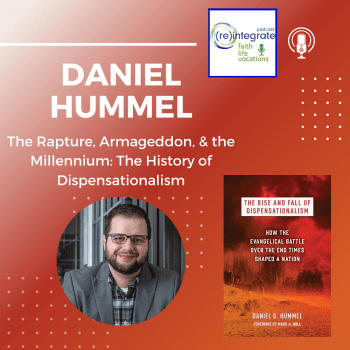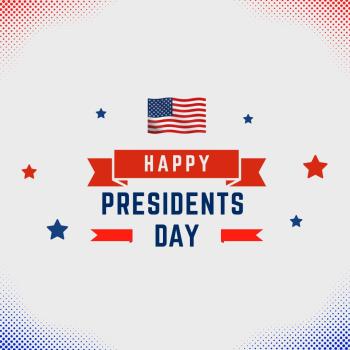Like refusing coffee, tea, and alcoholic drinks, avoiding the use of divine names is one way that Mormons identify ourselves. For us, less use of other kinds of profanity goes hand-in-glove with that identification.
As with any mark of identity, however, sometimes the mark becomes more important than the actual identity. Unfortunately some who would never use the name of God as an exclamation, would nevertheless violate their covenant. I can be among them.
I remain true to the things that identify me as a Latter-day Saint while I also have offended my brother (Mt. 5:23-24) or have been offended by him (D&C 42:88).
I am under covenant to give up my interests and desires in the interest of the kingdom of God and to give my best in that service. In spite of that, I chafe at some of the things I am asked to do, or I do what is needed with less than full effort.
I am under covenant to make all of my worldly possessions, my time, and my talents available for the use of the Church, not only to build it up, but more, to alleviate the suffering of the poor (Orson Pratt, Journal of Discourses 16:4). Yet I pay my tithing and make my offerings to the Church and other charities, holding back more than I reasonably need for my own living. I do not actively seek to "think of [my] brethren like unto [myself]," nor am I "familiar with all and free with [my] substance, that they may be rich like [me]" (Jacob 2:17). Whatever I may say, however generous I am, the truth is that I do relatively little to bring about economic justice either locally or at a broader level.
I have been commanded to renounce war and proclaim peace (D&C 98:16), which is surely a pleonasm. But since the beginnings of the War in Vietnam I have lived more-or-less reconciled to war, even when I have opposed it. Renunciation and proclamation, on the one hand, and mental or vocal opposition or proclamation, on the other, are not the same. Other than the thirty months I spent as a missionary in the '60s, I have done little since that would count as proclaiming peace.
I have covenanted to love as I am loved. Nevertheless I become irritated or, sometimes, angry at others, accusing them with my anger and refusing to love.
I abstain from profane language. But I sometimes profane my covenant, the relation to my Father in Heaven made possible by his Son, Jesus Christ. I seldom do that by the things I say, but I too often do so by the life I live. I imagine that in that I am not so unlike many other Christians, called to a life of holiness but not living up to that call.
That, of course, is what it means to be a mortal human being. In his grace, Christ calls us to imitate him. Imitating him we learn obedience through the things we undergo (Heb. 5:8). But I often fall short and I cannot excuse my profanity, in either the usual sense or in the sense of profaned covenants, by my human being. My task is to live a life of gratitude for what I have been given, a life that does not profane the gift or its Giver.





